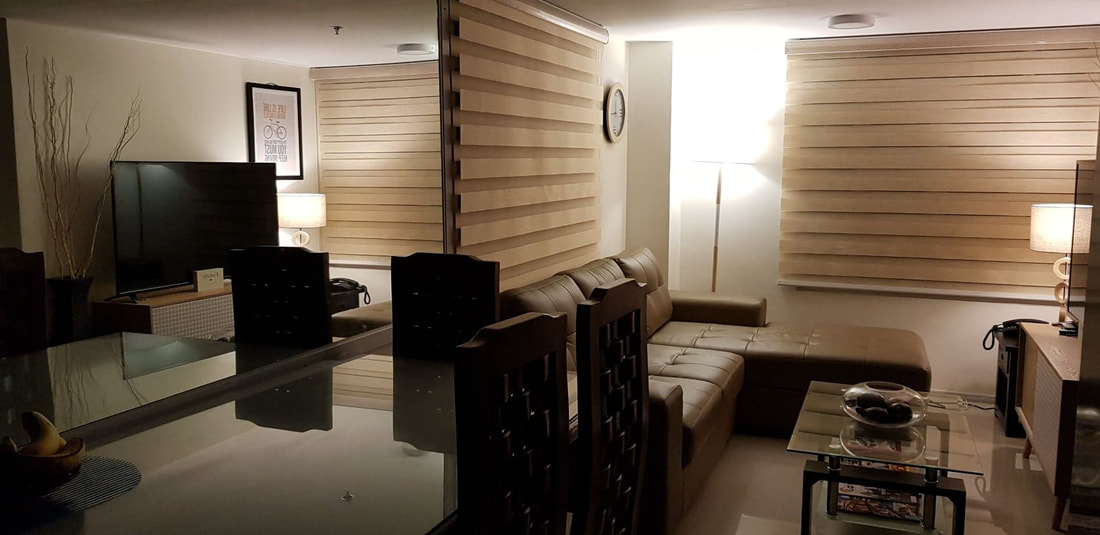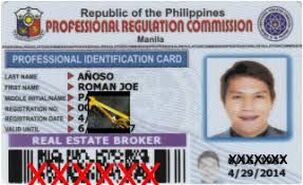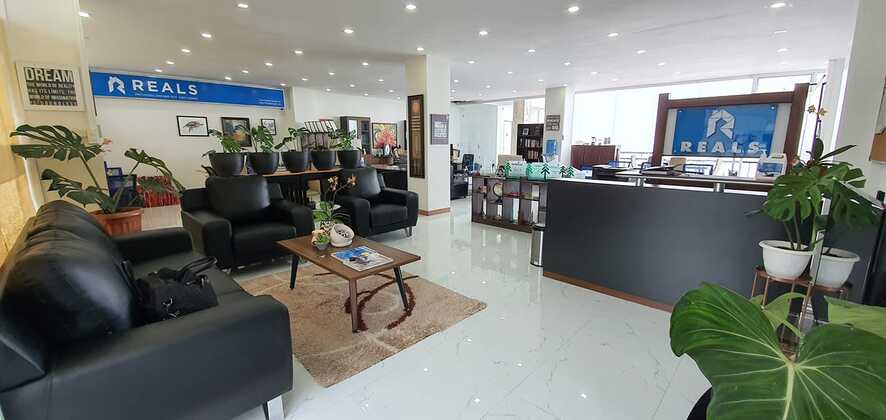What Does the Philippines’ Rent Control Law Says Aimed at safeguarding tenants form a sudden price increase to their rent, the Republic Act 9653—also known as the Philippines’ Rent Control Law—is a law designed to be with inherent scope and limitations.
Here’s a brief look at what this law entails: What kind of housing it covers? According to the law, R.A. 9653 covers all residential units within and outside Metro Manila whose monthly rental fee does not exceed P10,000 and P5,000, respectively. How much price increase is allowed? All residential units that charges not more than P4,999 per month are not allowed for a price increase of more than 2% per year. Price increase is still allowed but it should not exceed 2% based on the current monthly rate. For residential units which charges an amount set between P5,000 and P7,999, a price increase exceeding 7% is not permitted, with the caveat that the unit is under rent by a tenant. Lastly, for residential units whose charging monthly rate is set between P9,000 and P10,000, no further price increase is allowed past the derived 11% from the monthly rate. Are commercial properties like motels or hotels included in this law? No, they are not as they are not classified as “residential units,” but rather are commercial properties of only similar purpose but not share the same extent. Are rent spaces for students affected by this law? The law did not specify the maximum limit by how much dormitories, boarding houses, etc. can have a price increase. But it explicitly stated that it can only be done once per year. How about the 1-month advance, 2-month deposit principle? By this law, any other term that go against the “one-month advance, 2-month deposit” is considered illegal.
0 Comments
Leave a Reply. |
Archives
July 2024
Categories
All
|
Hi! Welcome to our website. Having an agent/broker on your real estate search is a gift because with or without them the price of the property is always the same. They give you FREE SERVICE and only pure service. On your part, everything is to gain. Claim your gift now! :)
meet your Real estate Broker Partner:
Roman Joe Anoso, RN, REB
Real estate Broker PRC license number: 19887
HLURB registration number: CAR-B-05/21-029
HLURB registration number: CAR-B-05/21-029
Roman joe Anoso is a multi-awarded real estate broker, consistent Top #1 for 8 years to date, being recognized by the following companies:
Suntrust Properties, Inc.
- Overall Nationwide Top # 1 Real estate broker year 2018:
Vista Residences, Inc.
- Overall Nationwide Top # 1 Real estate broker year 2017:
Goshen Land capital, inc.
- Overall Nationwide Top # 1 Real estate broker year 2011 to 2016:
Suntrust Properties, Inc.
- Overall Nationwide Top # 1 Real estate broker year 2018:
Vista Residences, Inc.
- Overall Nationwide Top # 1 Real estate broker year 2017:
Goshen Land capital, inc.
- Overall Nationwide Top # 1 Real estate broker year 2011 to 2016:
office address: REALS Corporation, Barangay Dontogan, Baguio city, 2600
personal: +63917-5645-863
viber/whatsapp: +63917-5645-863
add him on facebook (CLICK HERE)
office landline: 074-442-2353 (for clearer conversation)
email: [email protected]
skype: romankat2
website: www.realestatebaguio.com
personal: +63917-5645-863
viber/whatsapp: +63917-5645-863
add him on facebook (CLICK HERE)
office landline: 074-442-2353 (for clearer conversation)
email: [email protected]
skype: romankat2
website: www.realestatebaguio.com
official Real Estate Brokerage Website of REALS Corporation
for our affiliate program CLICK HERE
for our affiliate program CLICK HERE


 RSS Feed
RSS Feed




